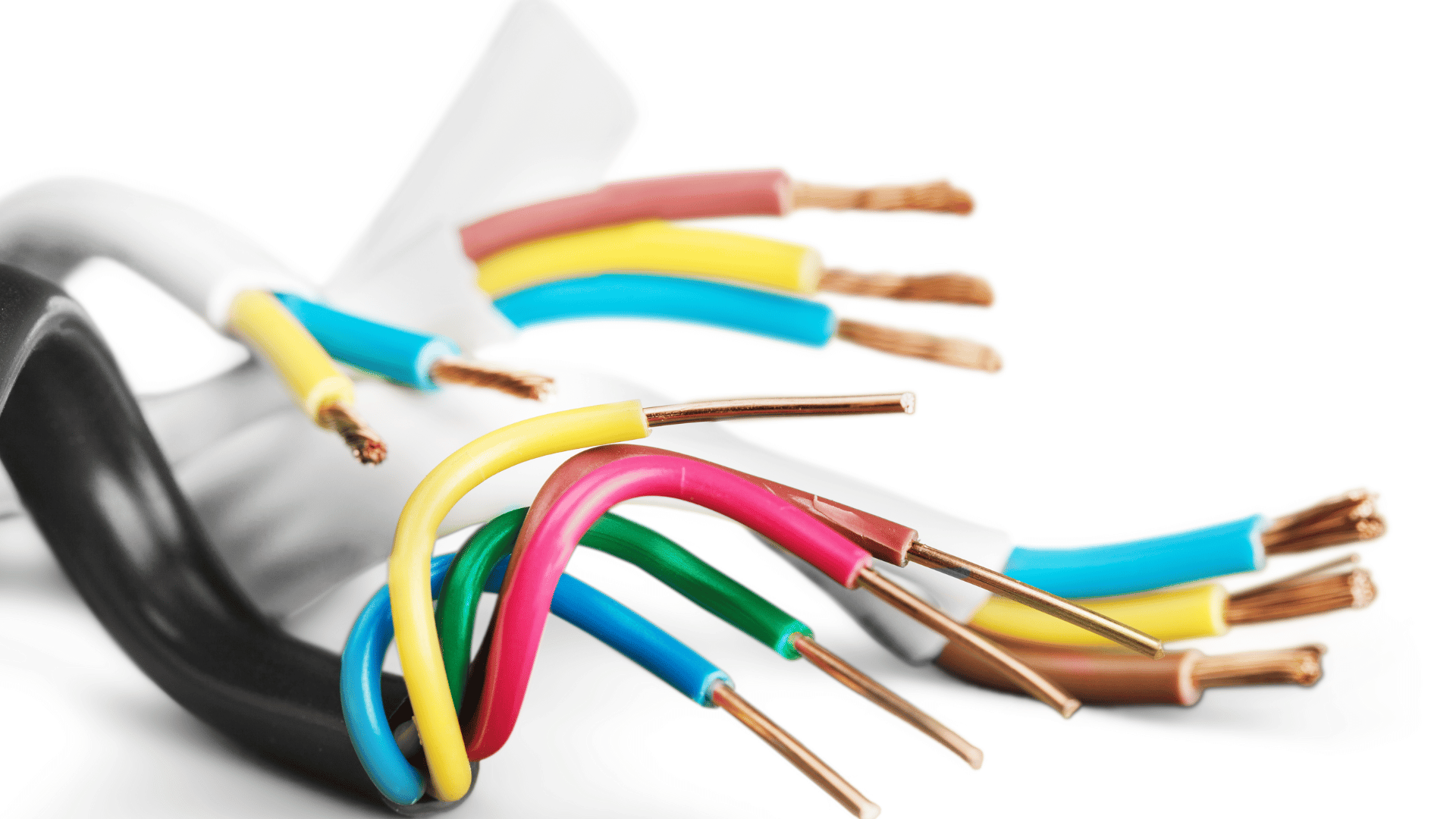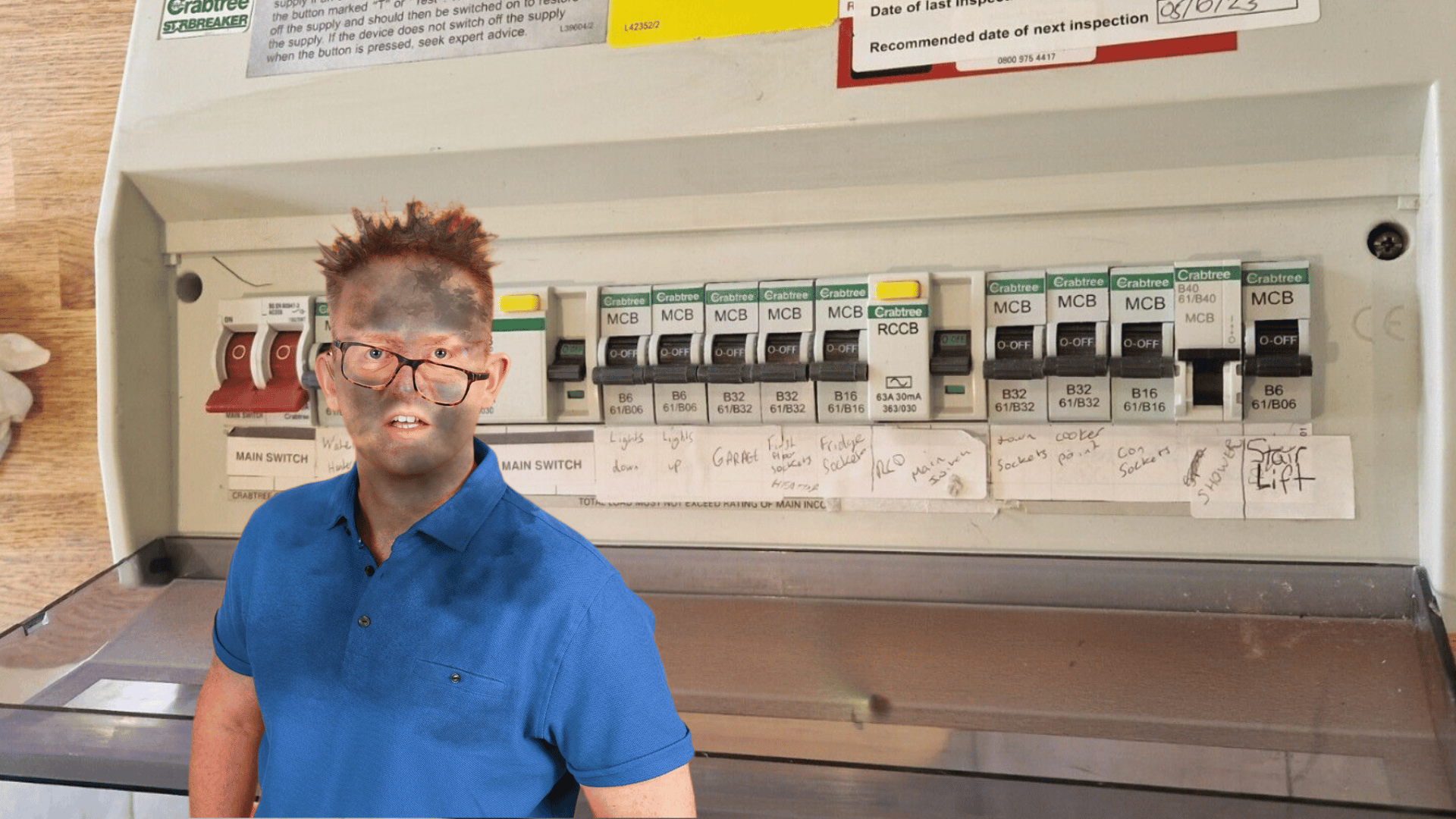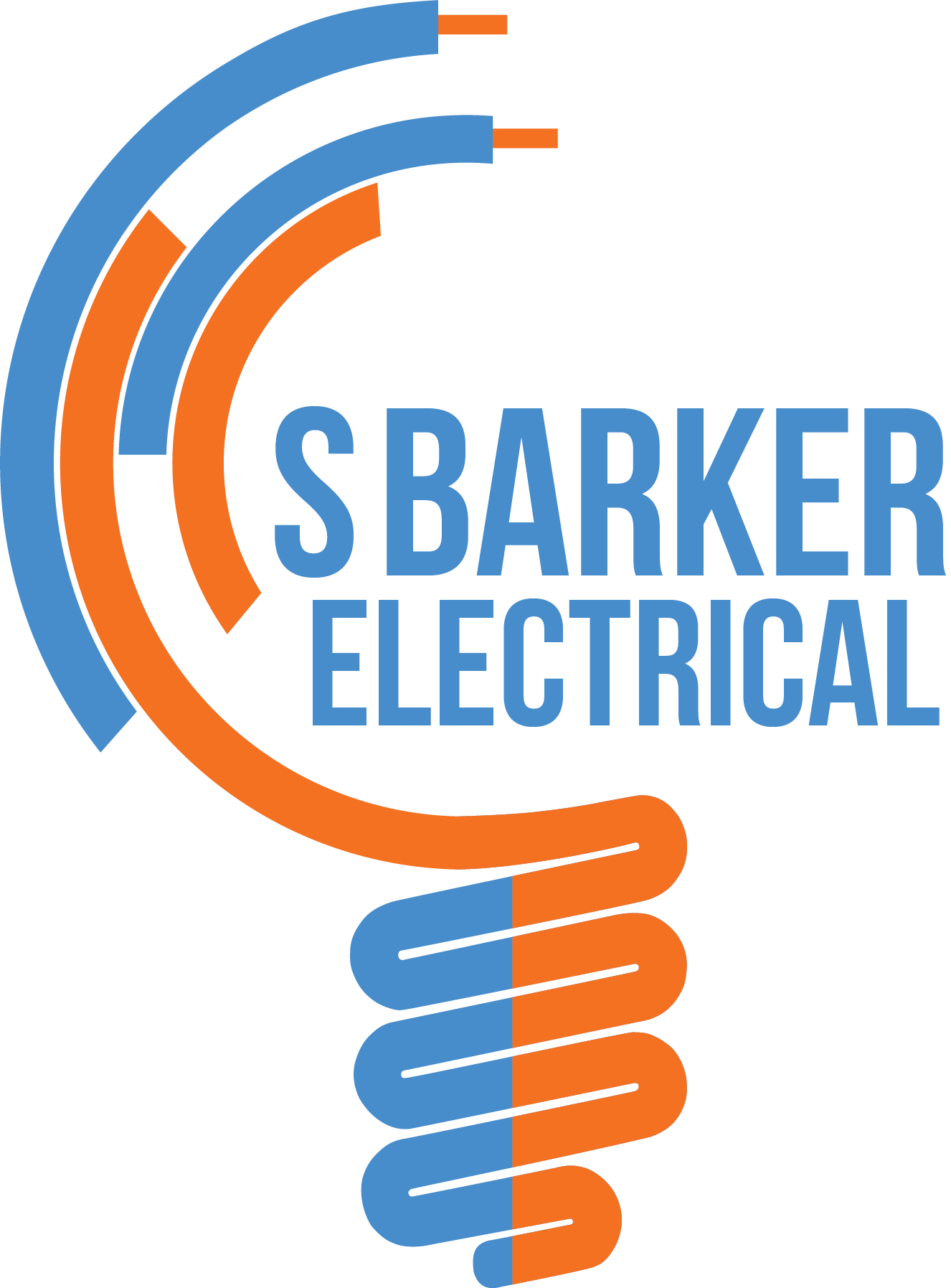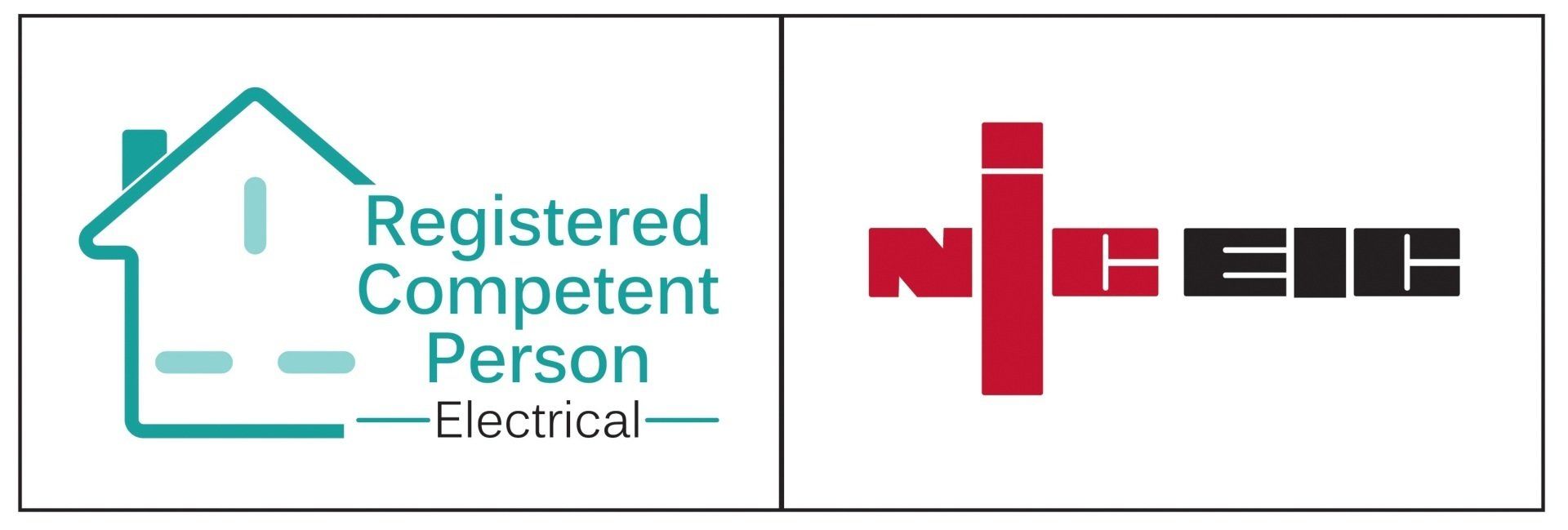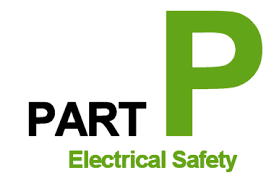Electrical responsibilities of a private landlord
Whilst we were all in the first lockdown back in 2020, there was a big shake-up in the private rental sector. The electrical responsibilities of a private landlord changed with the introduction of new Regulations. By law, landlords now have to make sure that a registered electrician inspects and tests all electrical installations in their rental properties at least every five years. This is to make sure that accommodation in the private rental sector has the proper documentation in place to show that properties are safe for tenants to live in them. So, if you have properties you rent out, it is now a legal requirement to make sure they have valid Electrical Installation Condition Report (EICR) certificates in place.
If this is the first time you have read about the new Regulations, you have recently decided to rent out your property, or you can’t remember the last time your property had an electrical installation inspection, you can read the full details of the Electrical Safety Standards in the Private Rented Sector (England) Regulations 2020 here.
With more than 30 years’ experience, S Barker Electrical carries out EICR inspections for private landlords in Leeds. Our report will detail exactly what you need to do to make sure electrical installations in your property are safe. If you can’t remember the last time your property was inspected or can’t find up-to-date certification, book an EICR inspection now by completing our online booking form.
Requirements of the Regulations
The new Regulations clearly state the electrical responsibilities of a private landlord, as follows:
To ensure safety standards for electrical installations set out in the IET Wiring Regulations BS 7671 (18th edition), are met.
Wiring regulations have to be updated and maintained as new changes in the electrical industry and new installation practices develop, for example incorporating new ‘smart’ technology or EV charging. The latest edition was issued on 1st July 2018, replacing the previous version, and applies to any work carried out after 31st December 2019.
To make sure a ‘qualified and competent’ person inspects and tests the electrical installations within their rental properties every five years.
The person hired to carry out the inspection and testing should have comprehensive knowledge and experience of different types of electrical installations. It is important therefore to make sure that the registered electrician chosen should have the correct qualifications, experience and knowledge to issue the EICR certificate. You can read more about credentials, registration schemes and qualifications in my blog ‘How to book an electrician in Leeds’.
To make sure the registered electrician who carries out the inspection and testing at the rental property supplies a copy of the EICR.
The EICR inspection involves detailed safety checks of electrical installations to assess their overall condition, check for earthing or bonding and whether there may be potential electric shock risks and fire hazards. The registered electrician will find faulty electrics that may need repairing, check for incorrectly installed systems and whether wiring may need replacing. Following the inspection, you will be given a report detailing the results. This will detail any damage, deterioration, and defects found, the severity of those defects and whether remedial work is needed before a certificate can be issued. If everything is found to be okay, the report will state the date for the next inspection.
The electrical responsibilities of a private landlord include making sure a copy of the previous report is kept on file to give to the registered electrician who will carry out the next inspection in five years’ time.
If the report shows that remedial work is needed to bring the electrical installations up to scratch, the work should be completed within 28 days, or when specified by the report.
Any remedial work required will be given a code according to the associated risk, and must be completed before an EICR certificate can be issued, (rather like an MOT certificate for a car):
C1 ‘Danger is present’ so immediate repairs need to be undertaken
C2 Potential danger, which requires urgent action
C3 Improvement is recommended. This means that the registered electrician has observed areas for improvement, but they are not presenting either an immediate or urgent potential danger to tenants, so work is not required to pass the inspection and testing and a certificate can be issued.
The electrical responsibilities of a private landlord mean that evidence must be supplied to tenants and the local authority to prove that remedial works have been completed within 28 days of completion.
A copy of the EICR has to be given to tenants within 28 days of the inspection and testing or their request that one should be carried out. If local authorities request an inspection be carried out, landlords have to supply a copy of the EICR within just seven days. A copy of the report should also be given to any new tenants before they move into a property.
What’s not included in the Regulations
The Regulations only cover fixed electrical installations and do not extend to electrical appliances, whether provided by the landlord or the brought into the property by the tenant.
However, private landlords understand that the safety of their properties and the tenants living in them is a priority. It is, therefore, advisable to make sure that any electrical appliances supplied to the tenant, or that tenants bring into the property, are registered with the manufacturers’ registration schemes. This will mean that you/your tenant will be notified immediately should any defects be found post-sale and if products are recalled for safety reasons.
Although it is not a legal requirement to carry out PAT testing on electrical appliances or equipment, it may be stipulated in your landlords’ insurance. In addition, it is in your best interests to make sure you have done everything ‘reasonably practicable’ to ensure your tenants are safe, just in case the worst happened, and an appliance failed or developed a fault. You would have a valid certificate to show that electrical appliances had been PAT tested.
At S Barker Electrical, we are fully police checked, so we can deal directly with your tenants if you wish. We can arrange a convenient time to carry out the PAT testing with the minimum of fuss and inconvenience to your tenants. What’s more, minor repairs like incorrect fuses or badly wired plugs will be fixed on the spot, free of charge!
So why worry? We understand the electrical responsibilities of a private landlord and can carry out EICR inspections and testing so you have peace of mind that you are covered, should any electrical issues arise. At S Barker Electrical, EICR reports and certificates are printed and emailed to you on the same day and are securely backed up online, so you don’t have to worry if you misplace your certificate. It’s easy to book using our online booking form or contact us to discuss your requirements. And, if you book PAT testing at the same time, we will give you an extra discount!

